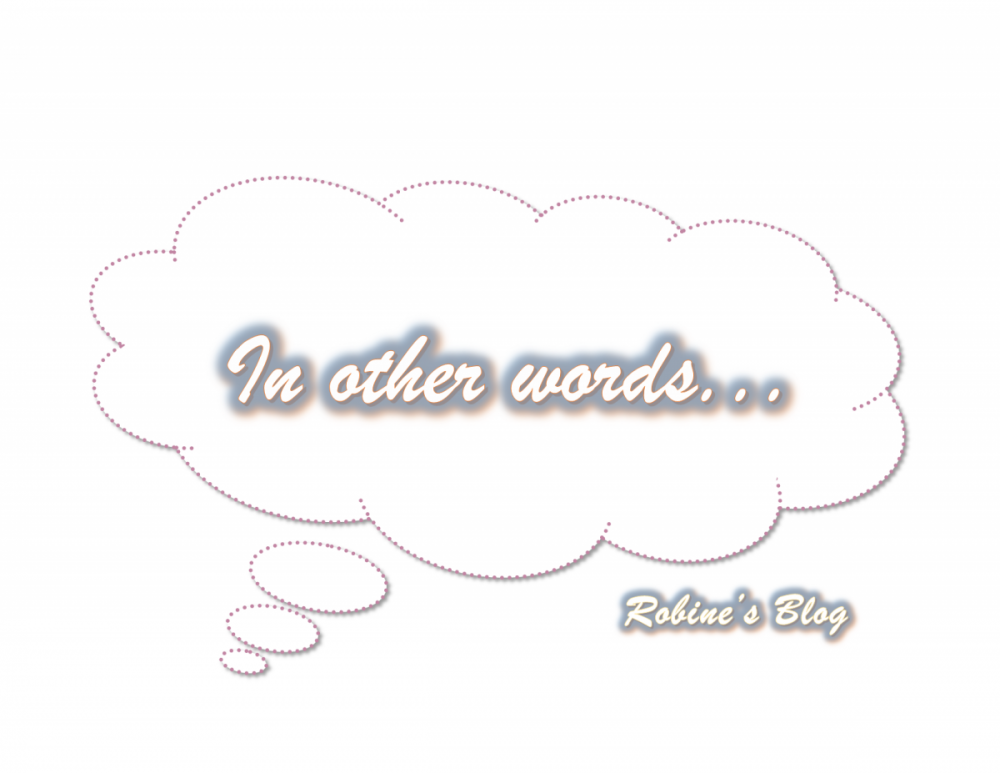By Robine Jean-Pierre
Throughout my years in school, I have come across students who have found poetry boring or difficult. They were not intrigued by Shakespeare’s sonnets as his contemporaries may have been, nor could they wrap their head around metaphors. It was a challenge for me at some point too, having to excavate the meaning of a piece by digging deep down between the lines. It was a skill that we had to be taught. However, I quickly realized that I enjoyed using words to paint pictures of my own; it was exciting to use devices like rhyme and alliteration, and to say more with less (in comparison to typical prose).
Poetry has been a passion of mine since elementary school. One of the earliest poems I remember writing was for Poem In Your Pocket Day; it told a touching story about my pet guinea pig Jeannie. Jeannie was totally imaginary, and I created her on a whim through my poem, but it must have been convincing enough to get some sympathy and attention from classmates and teachers. Other memorable poems around this time included an ode to teachers, and a vivid description of a “storm” which was later revealed to be the clothes cycling in a washing machine.
When I got to middle school and the “love bug” bit me, my poetry became very romanticized and emotional. I obsessed over a crush and my poetry tracked everything from the initial infatuation to the devastating heartbreak of seeing him end up with a close friend of mine at the time.
In high school, my work broadened and deepened to reflect my growing self-discovery, romantic desire, and belief in God. My creative expression was at its peak, and I went to open mics, attended Poetry Club occasionally, and stayed after school to review submissions to The Magnet, our school’s literary magazine (to which I also submitted my own work). During this time, poetry was my primary outlet, and I am happy that most of my work are still intact; I compiled scraps of paper and pages from other notebooks, and consolidated the poems I found into one composition notebook.
I find it understandable, yet surprising, when people say they do not like poetry; it’s similar to when someone tells me they don’t really like music. To me, poetry and music are simply media of expression; no one ever really dislikes the medium itself, but they may have certain preferences within it. The great thing is that poetry has so many different formats and styles that there is probably something for everyone. You have extravagant Shakespearian sonnets written in a style of English that we no longer speak, but then you have rap which is basically poetry fixed to an audible beat; you also have the smooth, sophisticated spoken word with an irregular rhythm and possibly no rhyme scheme, often depicted on TV being performed in dimly lit cafés and bars, punctuated by snapping and bongo drums. But then there are also lovable, laughable rhyming poems filled with whimsical stories, carefully crafted by writers like Shel Silverstein and Dr. Seuss. There are bite-sized haikus loaned from the Japanese, following a five-seven-five syllable rule and often depicting nature. The list goes on and on, and the subject matter is infinite.
I have experimented with all of the genres I listed above, and at its core, I see poetry as the art of arranging words, either according to their sound or meaning (but most of the time, both) in order to create an impression or share an idea. The reason we enjoy aphorisms and sayings like “black don’t crack” or “live, love, laugh” is because the words were intentionally grouped together, and their commonality makes them easier to remember.
I have not been writing as much as I did during high school, but I am grateful for the joy that comes to me from reading, listening to, or writing an impactful piece. I hope you enjoy the poem that I wrote below called “Photosynthesis.” It is about the power of persistence in spite of adverse circumstances. This can be considered an allegory because I used plants as symbols for human beings. Give it a try and see what you can gather from it. Read it a few times over if necessary, and please feel free to comment with any questions or remarks.
Photosynthesis
by Robine Jean-Pierre
You’re a product of your environment, some sage once presumed
Perhaps while gazing upon a garden freshly pruned.
Fertile soil, hydration, ample sunlight,
and any flower will flourish if the conditions are just right.
A simple equation, a quaint demonstration.
However,
What’s to say for the weeds that creep through concrete? How do they grow?
Does a seed trapped beneath the cinder block street somehow just know
that its temporary shelter in the ground below
is only a foundation, a platform for elevation?
Is photosynthesis some unstoppable force,
and can sunrays like X-rays penetrate the most dense materials to complete its course?
It’s clear then that traditional conditions are simply not enough
to determine the destiny of a seed, no matter how rough.
It’s something supernatural for a creature with no sense of sight
To press past hardness and darkness and burst forth into marvelous light.
We could take a page from one of these persistent plants–
Albeit rooted in the soil, it is not bound by circumstance.
Regardless of the climate of one’s environment,
Divine alignment ultimately triumphs over confinement.




I appreciate learning about your love for poetry in a way i never knew before.
wow loved it